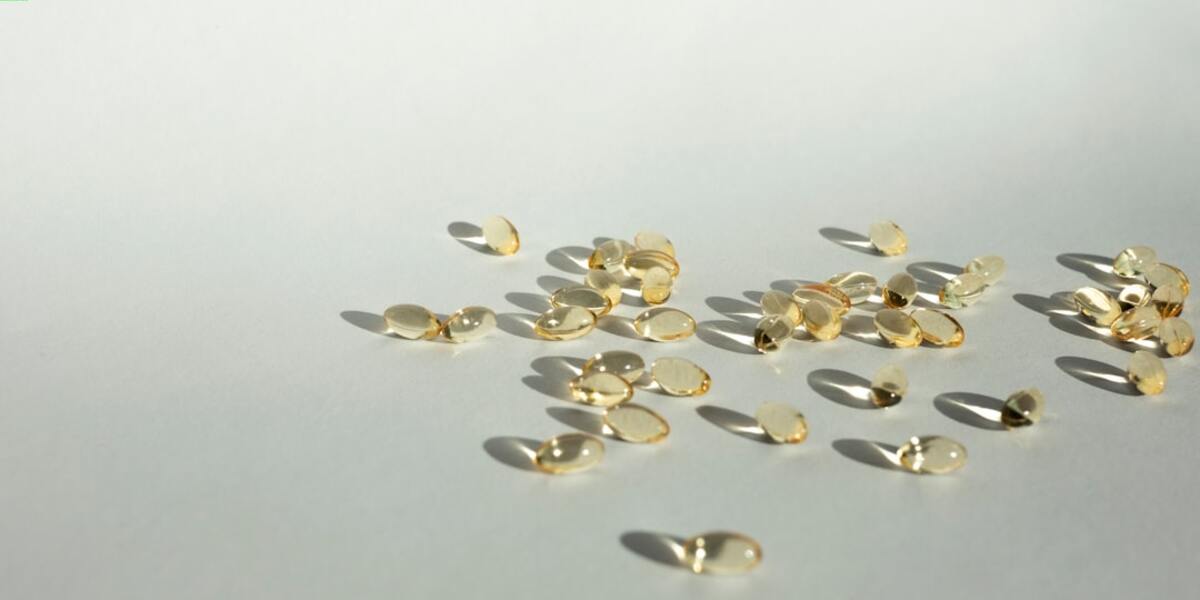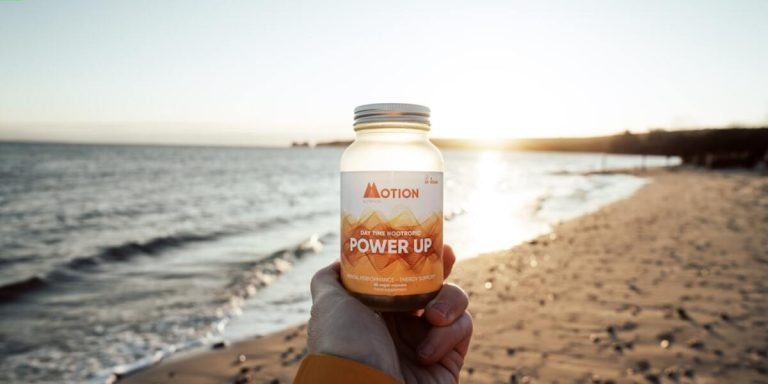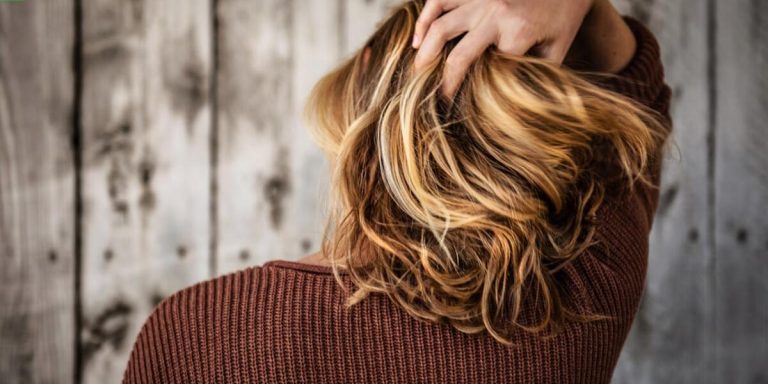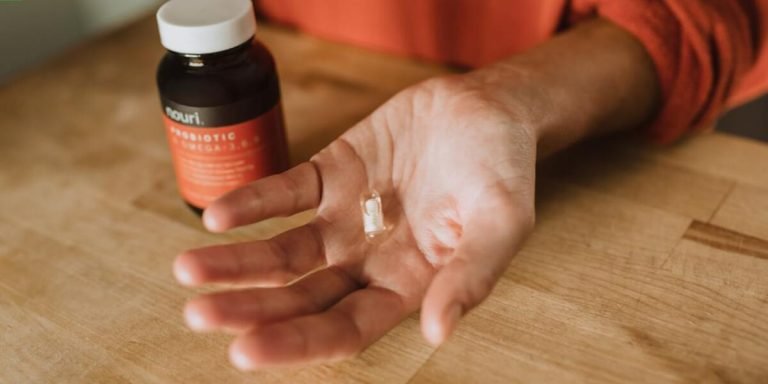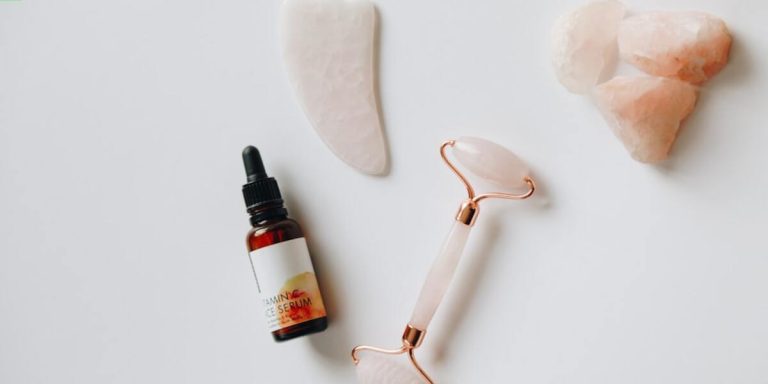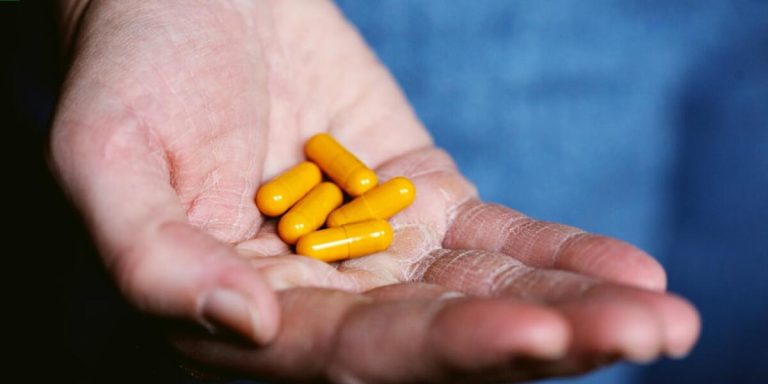Is Prenatal Vitamins Good for Hair Growth? A Detailed Analysis
Are you one among those who wonder, “Is prenatal vitamins good for hair growth?” Then this detailed analysis is just what you need to get your answer. Prenatal vitamins have always been associated with the promotion of healthy pregnancies but their role in boosting hair health has also caught the attention of many.
Packed with an array of essential nutrients that are conducive to strengthened tresses and enhanced hair growth, more people outside pregnancy circles are gradually realizing its potential. This post will delve into the nuances surrounding prenatal vitamins and provide a clearer perspective on how effective they can be in fostering healthier locks.
Did you know?
Did you know? Prenatal vitamins contain a higher concentration of iron and folic acid, which are key for hair growth. Many dermatologists recommend them even when not pregnant due to their benefits for scalp health!
Understanding the Efficacy of Prenatal Vitamins for Hair Growth
Many individuals, especially women noticing hair shedding or thinning, often wonder about the potential of prenatal vitamins for promoting hair growth. The curiosity has a solid basis as these supplements are renowned for their high nutritional content including crucial elements that influence not only fetal health but also skin, nails and indeed – your mane.
However, it’s important to understand that while prenatal vitamins contain these nutrients supporting optimal body functions many factors contribute towards strong glossy tresses you covet such as genetic makeup and overall well-being along with nutrient intake from regular diet too.
On one hand where they have potential benefits on non-pregnant people looking for improved growth rate or texture due its rich constitution there isn’t enough scientific evidence confirming their effectiveness over other multi-vitamins specifically designed targeted needs making them potent ‘hair-growth’ potions ultra glorified more than it should probably owed large marketing strategies by various brands into this beauty industry segment.
Examining Essential Nutrients in Prenatal Supplements and Their Impact on Hair
Prenatal vitamins are often associated with hair growth due to their high concentration of certain essential nutrients. This correlation has sparked significant interest and led many individuals, pregnant or not, to incorporate these supplements into their daily routine aiming for improved hair health.
Firstly, prenatal vitamins are packed with Folic Acid – a type of B vitamin that aids in the production of red blood cells. It also plays an integral role in creating new cells which includes those responsible for promoting healthy hair growth.
Iron is another substantial component found within prenatal vitamins. Iron helps improve circulation by delivering oxygen through your bloodstream straight to your scalp’s follicles enhancing strength and preventing breakage- all crucial for fostering sturdy strands.
Next comes Vitamin D which may sound familiar if you’ve been looking up effective remedies against baldness. A study conducted recently revealed how deficiency in this vitamin could lead directly to alopecia (hair loss). Prenatal supplements encompass adequate levels helping maintain lush locks while staving off potential shedding dangers brought about by lack thereof.
Lastly but importantly we have Biotin; popularly known as one key ingredient when talking ‘Hair Growth Vitamins.’ Although research doesn’t wholly substantiate claims linking biotin use causing impressive mane transformations per se; it certainly cannot be dismissed since deficiencies definitely result in thinning & loss making its presence desirable indeed!
Analyzing Scientific Evidence: Do Prenatal Vitamins Promote Hair Growth?
In the hair care industry, prenatal vitamins have gained substantial hype as an effective solution for enhanced hair growth. The question that thus arises is – Are prenatal vitamins good for hair growth?
Primarily designed to cater to pregnant women’s nutritional requirements, these supplements are a powerful blend of essential nutrients like Folic Acid (Vitamin B9), Iron and importantly Biotin – a vitamin heavily linked with healthy skin and hairs.
Let’s delve deeper into how each component plays its role in promoting healthier locks:
1. **Biotin**: Often hailed as the ‘hair growth vitamin,’ it strengthens keratin—the protein our body uses to promote healthy skin, nails, and most notably—hair.
2. **Folic Acid**: A subpart of Vitamin B complex group; folic acid encourages cell regeneration—a process directly related your follicles’ ability to produce new natural hairs efficiently.
3. **Iron**: For lush tresses, you need oxygenated blood supply towards scalp area—and that’s where iron steps up! It boosts red blood cells production responsible for carrying oxygen all through your system—including your follicles.
However tempting their benefits might sound—it’d be wrong not assessing them critically on scientific grounds before using prenatal vitamins solely aimed at bettering one’s mane game!
Mixed opinions about this off-label use have emerged from several research studies performed across various demographics.
The Role of Specific Vitamins and Minerals in Enhancing Hair Health
Prenatal vitamins have gained considerable attention in the beauty industry for their potent effect on hair growth. Being rich in essential nutrients like folic acid, biotin, and iron; these supplements do indeed promote healthier and shinier locks. Folic acid aids cell regeneration which is critical for robust hair follicle health while Biotin helps convert food into energy improving keratin infrastructure – a protein that makes up your hair.
But what sets prenatal vitamins apart from regular multi-vitamins? The answer lies within its higher concentration of specific minerals like Iron. Iron boosts the production of red blood cells contributing to better oxygen supply to the scalp, stimulating faster and healthier hair growth.
In conclusion, despite being commonly associated with pregnancy, prenatal vitamins certainly pack an array of benefits beyond just maternal health. When utilized appropriately under professional guidance as part of a balanced diet routine – they work wonders not only for expectant mothers but also anyone seeking long-lasting solutions to nurture fuller head-of-hair!
Breaking Down Biotin’s Contribution to Stronger, Thicker Strands
Biotin, often touted as the ‘hair growth vitamin,’ is a water-soluble B vitamin that our bodies naturally produce in small amounts. Its role in maintaining hair health and promoting its growth cannot be overstated.
Ample intake of biotin ensures that there is enough keratin formation which essentially contributes to stronger and thicker strands– thus giving life to thinning locks!
So where can one get their share of biotin? While readily available over-the-counter as supplements, certain foods are rich sources too; eggs yolks, nuts & seeds like almonds and sunflower respectively being top contenders. Liver meat — such as beef liver — packs quite a punch when it comes to having high content while whole grains make up for an excellent plant-based source.
Here’s something interesting: prenatal vitamins contain significant levels of nutrients including folic acid along with iron and calcium but most importantly they’re chock-full of B Vitamins i.e., Biotin! This has led many folks especially women desiring luscious locks ask if prenatal vitamins could help their cause?
Iron’s Influence on Oxygen Supply and Its Relation to Follicle Nourishment
Iron plays a critical role in hair growth by enhancing the oxygen supply to your scalp which, in turn, nourishes your hair follicles. This mineral aids significantly when considering prenatal vitamins for hair growth.
Firstly, iron is essential in producing hemoglobin – a significant component of our blood responsible for carrying and distributing oxygen throughout our bodies. When you have adequate levels of iron within your body, it ensures that sufficient oxygen reaches every cell including those found within your scalp and inside each follicle.
Secondly, reduced levels of this important element can hinder proper nutrient distribution leading to weaker strands or even possible loss due to undernourished follicles making them prone to damage with minimal resistance against external stressors such as harsh weather conditions or styling methods.
Healthy hair growth relies on iron intake because it supports cell division at the hair roots. New hairs grow and replace shed ones when active cells divide consistently. To maintain this cycle, consume high-quality protein sources regularly, including:
- Lean meats
- Foods rich in B-vitamins
- Sources of biotin
Pregnant women take prenatal supplements for essential vitamins and minerals, ensuring they receive beneficial doses to replenish their needs continually. This is crucial during pregnancy as fetus development increases nutrient demands, which can drain the mother’s stores without proper supplementation.
An adequate supply of these nutrients promotes overall wellness in expectant mothers and helps them achieve a full, long head of hair.
Alternative Vitamin Sources To Support Healthy Hair Beyond Pregnancy
While prenatal vitamins are often lauded for their hair growth benefits, it’s essential to recognize that these aren’t the only source of nutrients capable of supporting a healthy mane. In fact, there exist numerous other vitamin sources beyond pregnancy supplements that can help achieve lustrous locks.
For instance, Biotin or Vitamin B7 is one such nutrient not exclusively found in prenatal vitamins but has shown significant impact on hair health. It aids in strengthening your follicles and potentially increases the rate at which your strands grow. Foods rich in biotin include eggs, almonds, spinach and sweet potatoes – all easily incorporable elements into any diet.
Similarly noteworthy is Vitamin E with its powerful antioxidant properties; this contributes significantly towards reducing oxidative stress on scalp tissues thus promoting an overall healthier environment conducive for robust hair growth. This vital nutrient isn’t exclusive to prenatals either – sunflower seeds or avocados make excellent natural sources too.
Incorporate various vitamin sources to support healthier-looking hair beyond relying only on prenatal supplements. This approach not only aids in hair growth but also contributes to overall well-being.
Remember, although prenatal vitamins may enhance strand strength during gestation because of their high levels of necessary compounds, many other options exist that can help you achieve optimal locks.
Food-Based Alternatives Rich in Key Vitamins for Non-Pregnant Individuals
While prenatal vitamins are often touted for their hair growth benefits, they aren’t the only sources of essential nutrients that support luscious locks. For those not in or beyond pregnancy but desiring similar results, there’s good news – you can get these potent nutrients from various food-based alternatives too.
For starters, consider Vitamin A found abundantly in foods like sweet potatoes and carrots. It aids sebum production which keeps your scalp hydrated and promotes faster hair growth.
Next up is B-Vitamins including Biotin whose deficiency has been linked to thinning hair. Spinach, lentils and egg yolks are excellent dietary choices for this nutrient-enriched experience contributing towards healthier strands.
Vitamin C also plays an integral role as it boosts collagen production – a key protein promoting stronger hairs reducing breakage risks significantly. Citrus fruits like lemons oranges have high vitamin C content becoming a natural go-to source!
Comparing Over-The-Counter Multivitamins with Preconception Formulas
Over-the-counter multivitamins have been the go-to for many individuals desiring to boost their overall health, including that of their hair. They pack numerous nutrients necessary for everyday bodily functions and are easily accessible in most stores. However, a new contender seems to be gaining popularity – preconception formulas.
Preconception vitamins, also known as prenatal vitamins amongst pregnant women and those trying to conceive, come with an impressive ingredient list tailored towards supporting not just maternal health but fetal development too. These include key ingredients like Folic Acid, Iron, Iodine which offer immense benefits even beyond pregnancy and can considerably contribute towards healthier hair growth.
A pivotal question presents itself however; is prenatal vitamin good for hair growth? And how do they measure up against over-the-counter multivitamins?
Research has shown that prenatals may indeed give you the edge when it comes to accelerating your hair’s growth rate. The secret lies in its higher concentrations of specific nutrients such as biotin and folic acid compared to standard multi-vitmains – both crucial players when it comes down boosting keratin production–the building block of your strands–and consequently encouraging healthy tresses.
Conclusion
In wrapping up, the multifaceted answer to “is prenatal vitamins good for hair growth”, is indeed a resounding yes. These wonder pills not only prepare your body for bearing another life but also serve as an incredible bonus mode of boosting lustrous locks due to their rich blend of essential nutrients necessary for speedy and healthy hair growth.
Now that we’ve unraveled this mystery, why limit yourself? There are plenty more breakthrough discoveries waiting just around the corner in our vast repository of information on Hair Growth Vitamins. Feel free to delve deeper and explore our website further because when it comes to unlocking long, glossy tresses there’s always more wisdom you can unravel!

